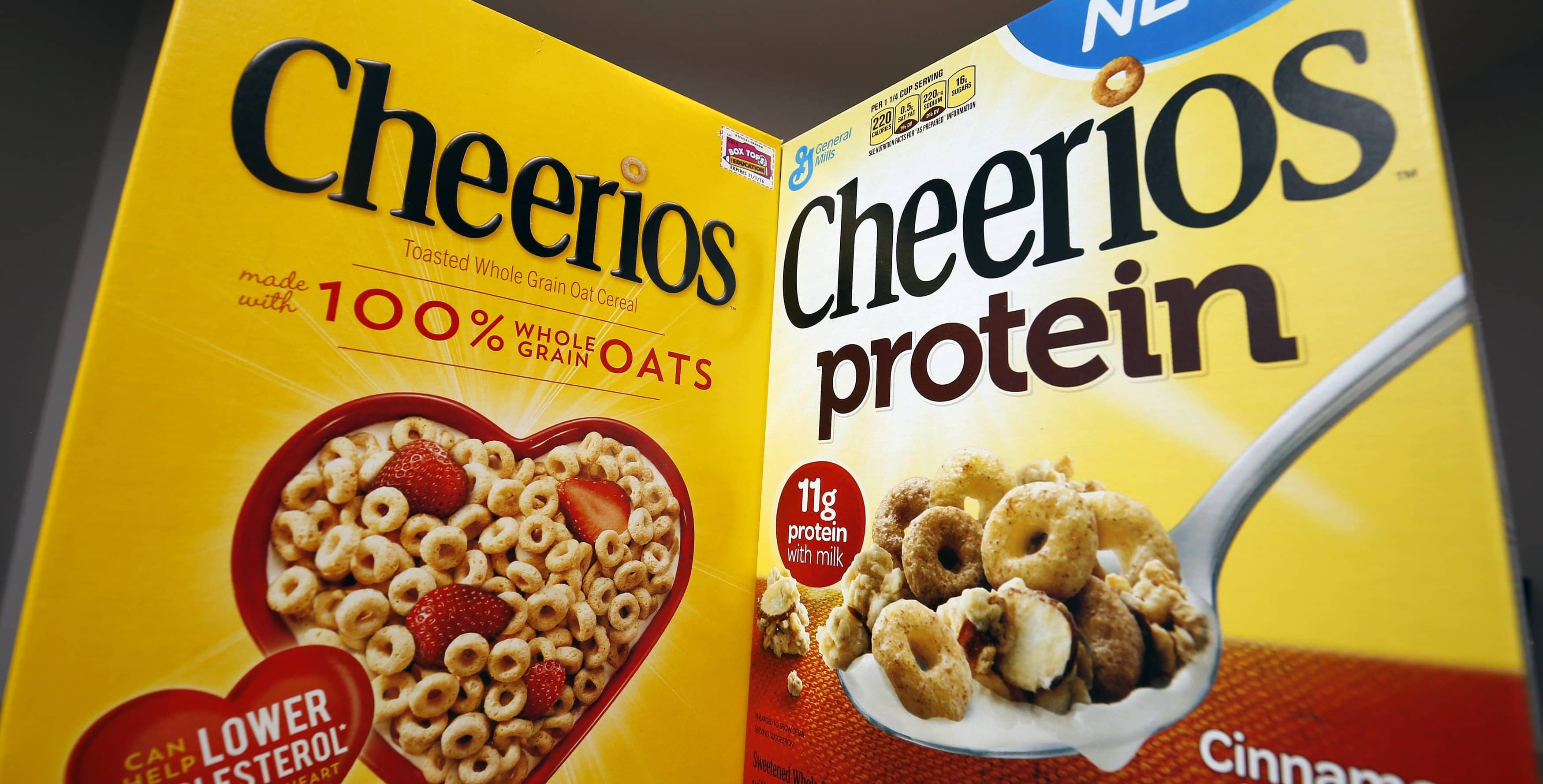Chemical linked to infertility in animals found in Cheerios, other oat products: study
A recent study has found that a chemical linked to infertility in animals has been detected in popular oat-based products, including Cheerios. The chemical, known as glyphosate, is a key ingredient in the weed killer Roundup and has been the subject of controversy due to its potential health risks. The study, conducted by the Environmental Working Group (EWG), tested 45 oat-based products and found that glyphosate was present in all but two of them. The highest levels were found in Cheerios, with one sample containing more than 1,100 parts per billion of the chemical.
Glyphosate has been classified as a probable human carcinogen by the World Health Organization’s International Agency for Research on Cancer. In addition to its potential cancer-causing properties, studies have also linked glyphosate to reproductive issues in animals, including infertility.
The presence of glyphosate in popular oat-based products raises concerns about the potential health risks associated with consuming these foods. While the levels detected in the EWG study are below the legal limits set by the Environmental Protection Agency, some experts argue that even low levels of exposure to glyphosate can have negative health effects over time.
In response to the study, General Mills, the maker of Cheerios, has stated that their products are safe and that they adhere to strict safety standards. However, the EWG is calling for more research to be done on the long-term health effects of glyphosate exposure and for stricter regulations on the use of the chemical in food production.
Overall, the findings of this study highlight the importance of being aware of the potential risks associated with the chemicals used in food production and the need for more transparency and regulation in the industry. Consumers may want to consider choosing organic or non-GMO options when it comes to oat-based products to reduce their exposure to glyphosate and other potentially harmful chemicals.







